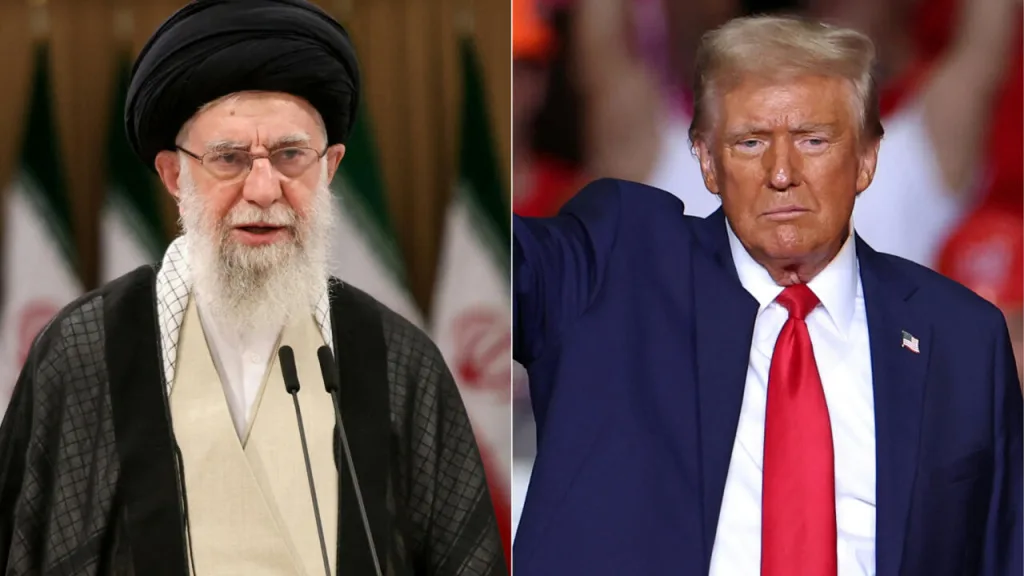United States President, Donald Trump, has announced that the United States and Iran will engage in “direct talks” on Saturday regarding a potential nuclear deal, signalling a dramatic shift in Washington’s approach to Tehran.
Speaking at the White House after a meeting with Israeli Prime Minister Benjamin Netanyahu, Trump confirmed the meeting would take place at a high level.
“We have a very big meeting on Saturday [with Iran], and we’re dealing with them directly… And maybe a deal is going to be made, that would be great,” he said.
The statement comes amid heightened tensions between the two countries, with Trump issuing a warning that failure to reach an agreement could have serious consequences for Iran.
“Iran cannot have a nuclear weapon, and if the talks aren’t successful, I actually think it’ll be a very bad day for Iran,” he said.
Iran’s foreign minister has also acknowledged the upcoming meeting, though framed it differently, saying the talks would be “indirect” but still described the engagement as “as much an opportunity as it is a test”.
Abbas Araqchi later confirmed the discussions would take place in Oman on 12 April, writing on X, “It is as much an opportunity as it is a test. The ball is in America’s court.”
Trump’s disclosure follows a period of rising hostility, including threats of military action last month after Iran’s supreme leader Ayatollah Ali Khamenei publicly rejected Trump’s offer for direct negotiations.
In March, Trump reportedly sent a letter to Iran’s leadership through a UAE intermediary outlining his willingness to negotiate, which Iran initially turned down, though left the door open for talks via a third party.
Despite the president’s strong warnings, no further details were released about the officials involved in the talks or the state of the negotiations.
Preventing Iran from acquiring nuclear weapons has long been a cornerstone of US foreign policy. The 2015 nuclear agreement, brokered under Barack Obama and supported by key international powers, imposed strict limitations on Iran’s nuclear activities in exchange for sanctions relief. However, Trump withdrew the US from the pact in 2018, criticising it as flawed and ineffective.
According to the BBC, since then, Iran has gradually violated key terms of the deal, prompting concern from the International Atomic Energy Agency over its growing stockpiles of enriched uranium.
Israel, a close US ally, has also taken a firm stance against Iran’s nuclear ambitions. Prime Minister Netanyahu reiterated that position during his White House remarks, stating, “We and the United States are both united in the goal that Iran does not ever get nuclear weapons. If it can be done diplomatically in a full way, the way it was done in Libya, I think that would be a good thing.”

